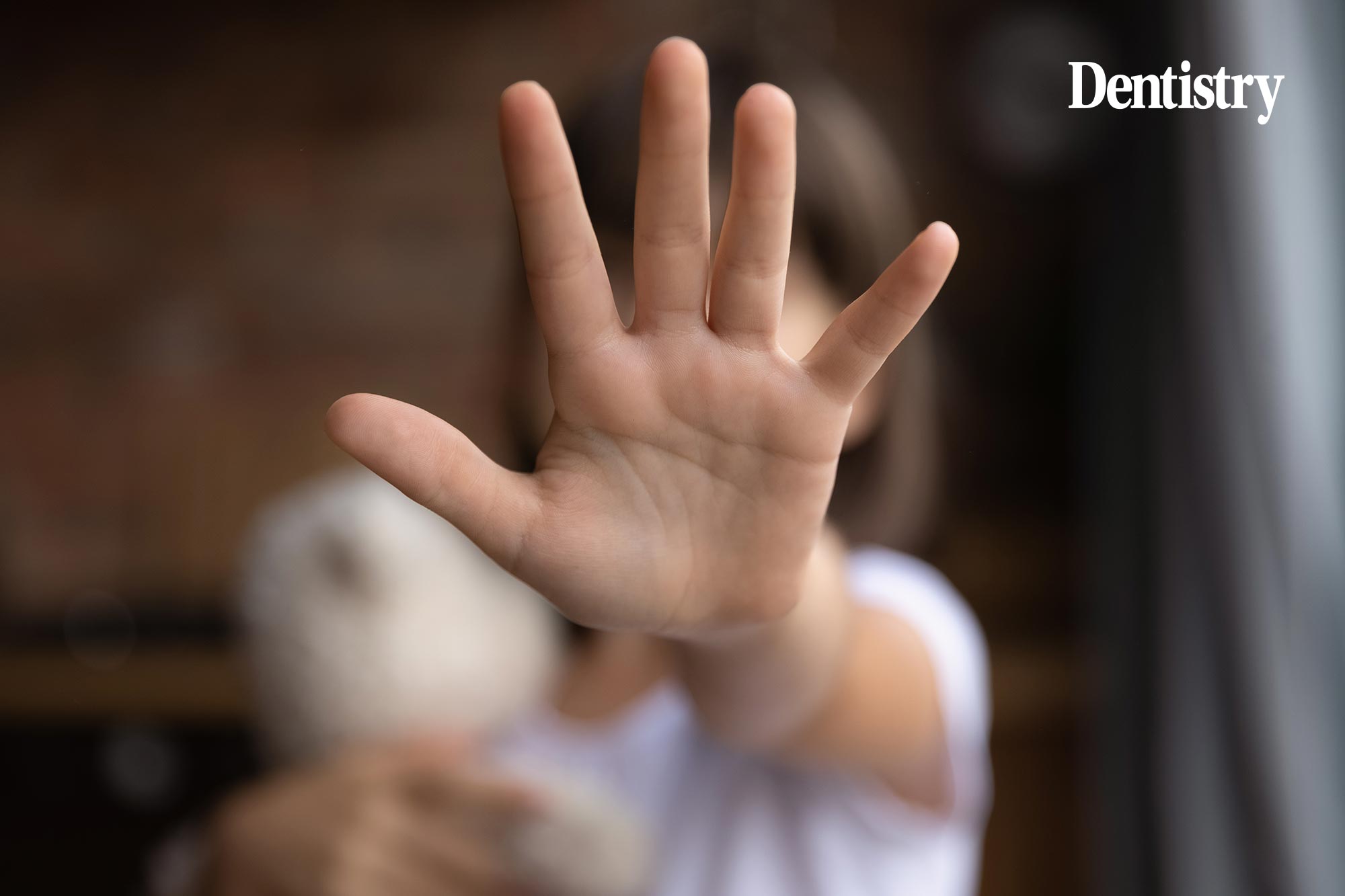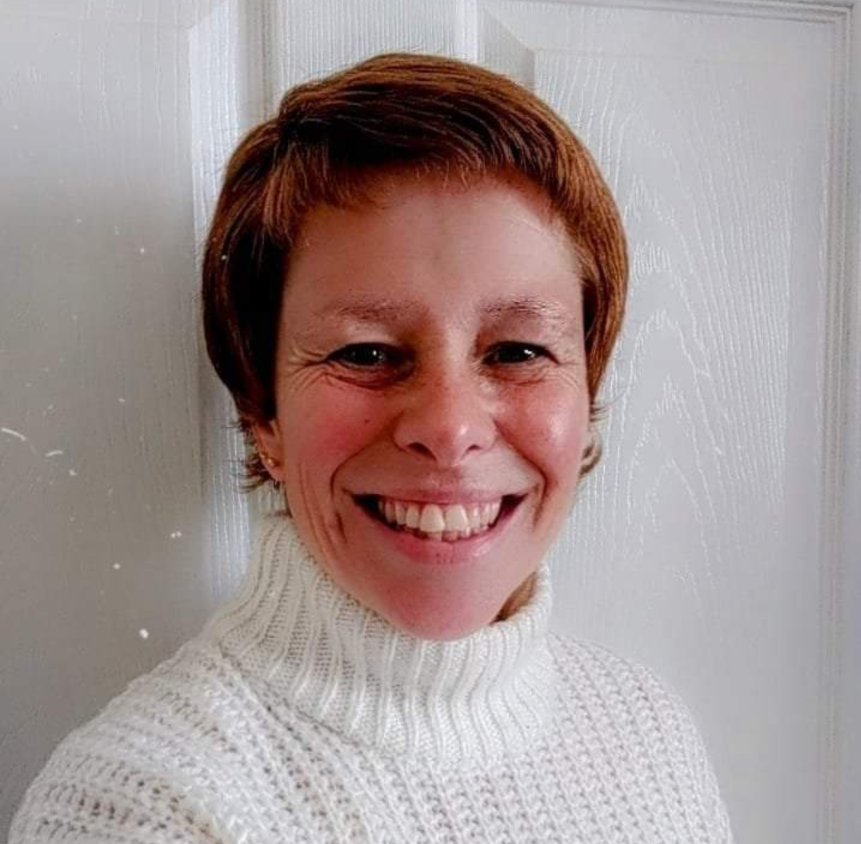
Dental teams are urged to help raise awareness of domestic abuse and learn how to identify the early warning signs.
The call coincides with the government’s implementation of ‘Kay’s Law’ that is designed to better protect victims of domestic abuse and sexual assault by making it a duty of care for police to take into account the views of victims before releasing someone on bail.
Samantha Billingham is founder of SODA (Survivors of Domestic Abuse), an organisation that provides an online safe haven for those experiencing domestic abuse.
A domestic abuse survivor herself, she is calling on dental professionals to help raise awareness in a bid to reduce victim isolation and offer a ‘safe space’ and support.
Torrent of abuse
Now dedicated to shining a light on the early warning signs of an abusive relationship, Samantha understands the ramifications only too well.
As a young mum, she was subjected to a torrent of abuse both physically and psychologically by her ex-partner, finding courage to end the three years of abuse when he struck her as she was holding their 10-month-old baby.
This ‘wake-up call’ led to the launch of SODA with Samantha’s focus on giving victims of domestic violence something she didn’t have at the time – much-needed support and understanding.
She said: ‘Dental teams are in a prime position to identify the early warning signs of domestic abuse in their clients. Dentists build rapport and trust with patients over time and one conversation can open up so many doors – maybe not on that day or the next, but in six months’ time it might – and a dental surgery is an ideal environment to do so.
‘A dental clinic is widely considered a safe space – because of the confidentiality involved – and, as it is just the patient, the dentist and the dental nurse, it lends itself to the possibilities of victims opening up.’

Make a difference
She added: ‘Additionally, physical violence can manifest in a tooth knocked out and this can be a conversation starter that leads to a referral to the right agencies.
‘A one or two-minute conversation can make all the difference and providing small prompts can help victims move forward. With the cost-of-living crisis and the run-up to Christmas upon us, those conversations are more important than ever.’
Creating domestic abuse awareness can be done in a subtle but powerful way, she said.
‘Put a Women’s Aid or Mankind Initiative poster on the back of the toilet door or on the staff-room notice board. Talk openly about the domestic abuse storylines that you are watching in TV soaps. Get the uncomfortable conversation started and carry it on.’
Speak and be heard
Having a safe and supportive space for victims also helps.
‘In my experience, it is vitally important to have a safe and supportive space in the workplace for those who are experiencing domestic abuse behind closed doors. Domestic abuse doesn’t stay at home, it follows survivors into the workplace.
‘I was never given the opportunity to be heard or listened. But, if I had been given the opportunity to speak and be heard, I believe it would have made a huge difference. I would have left sooner rather than later.
‘The world for many survivors can be lonely, isolated and filled with fear. However, a safe space is private and confidential and a discreet way for survivors to make their disclosure.’
Key addresses
- Domestic Abuse Alliance – https://domestic-abuse.co.uk
- Women’s Aid – https://www.womensaid.org.uk
- Mankind Initiative – https://www.mankind.org.uk.


